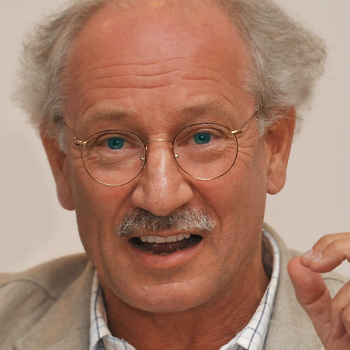To apply the current pension scheme within a knowledge economy appears to be particularly absurd. Retirement at a rigidly fixed time destroys an enormous intellectual and social capital. A huge waste – just at a time when the deficits of the state pension funds are exploding, and this knowledge and the experience in the economy are intensively needed.
Since 1988, Bernd Marin has been the Executive Director of the European Centre for Welfare Policy and Social Research, an economic and social think tank in Vienna. From 1984 to 1988 he was a professor of comparative political and social research at the European University Institute (European University Institute, EUI), and the EU University of Florence. He was also the 1986/87 Dean for Social Sciences. Bernd Marin is the author and editor of publications in many languages and is considered one of the most internationally sought-after economic and social scientists.

There are, of course, questions about “knowledge divide”–the impact on the part of the population which cannot participate in the knowledge economy, or only to a limited extent. This will also require a rethinking of the leaders themselves – both in terms of their own life planning and in terms of new ways to manage knowledge and talents within and outside of the company.
Dr. Straub is president of the Peter Drucker Society of Austria, which he founded in 2008. Since 2002 he has served as the Director EMEA (Europe, Middle East and Africa) for IBM Learning Solutions. He is the Chairman of the European eLearning Industry Group (eLIG), Vice Chairman of the Career Space Consortium, as well as Director of Corporate Services and EU Affairs for EFMD, a worldwide network of universities, business schools and leaders. Dr. Straub teaches international management, knowledge management and organizational learning in MBA courses for executives, and regularly appears as a speaker at international conferences.


To apply the current pension scheme within a knowledge economy appears to be particularly absurd. Retirement at a rigidly fixed time destroys an enormous intellectual and social capital. A huge waste - just at a time when the deficits of the state pension funds are exploding, and this knowledge and the experience in the economy are intensively needed.

There are, of course, questions about "knowledge divide"--the impact on the part of the population which cannot participate in the knowledge economy, or only to a limited extent. This will also require a rethinking of the leaders themselves - both in terms of their own life planning and in terms of new ways to manage knowledge and talents within and outside of the company.